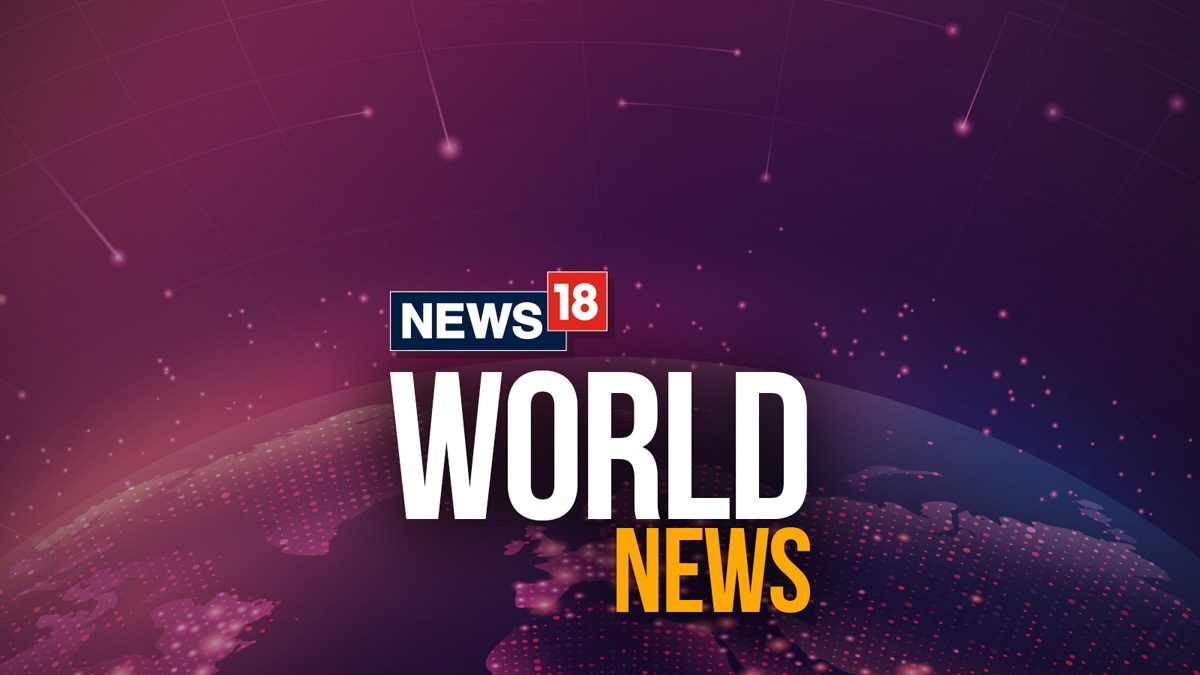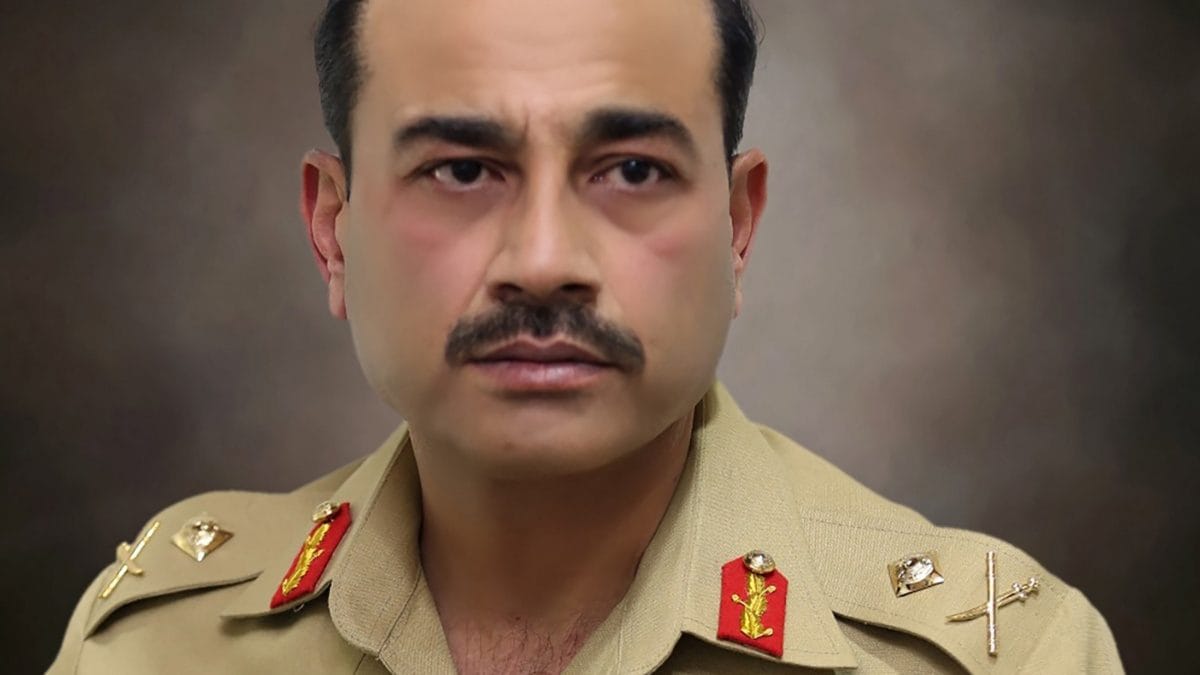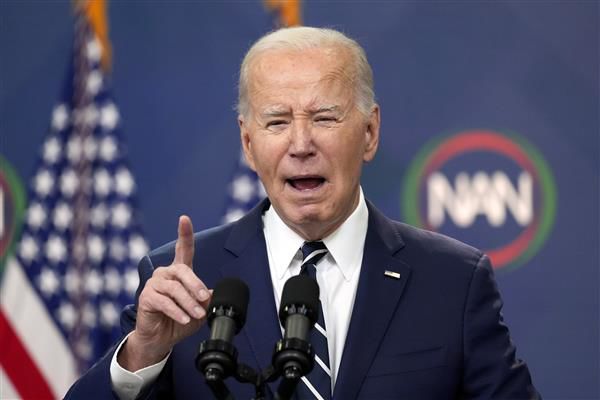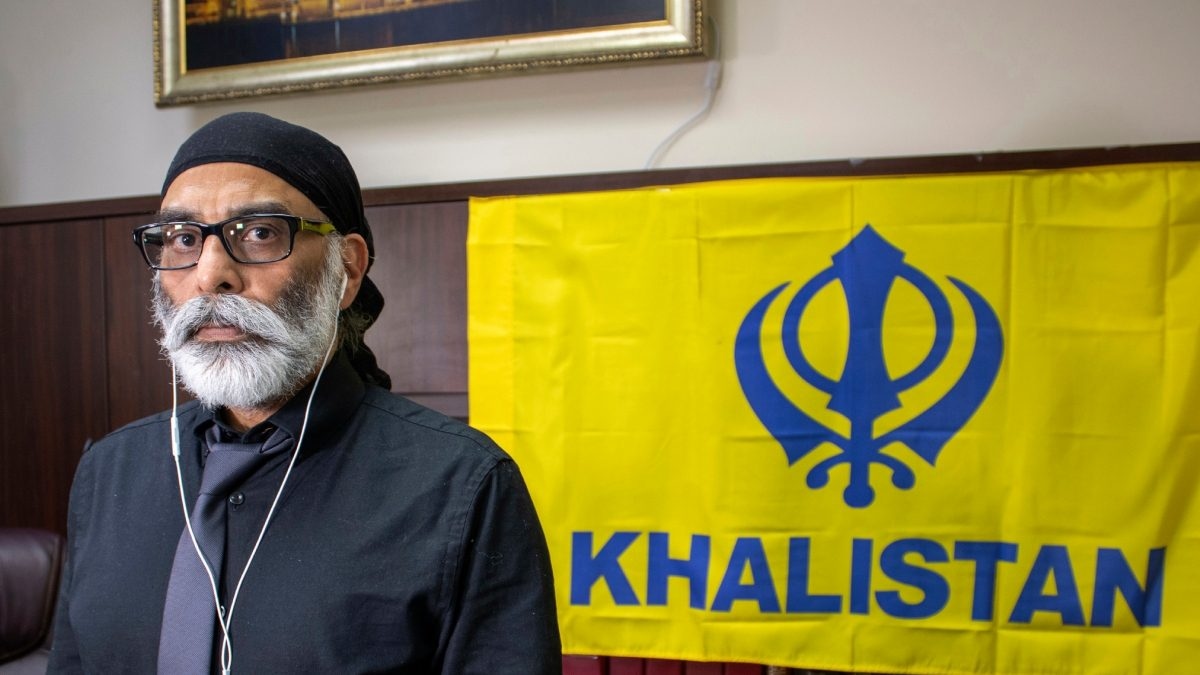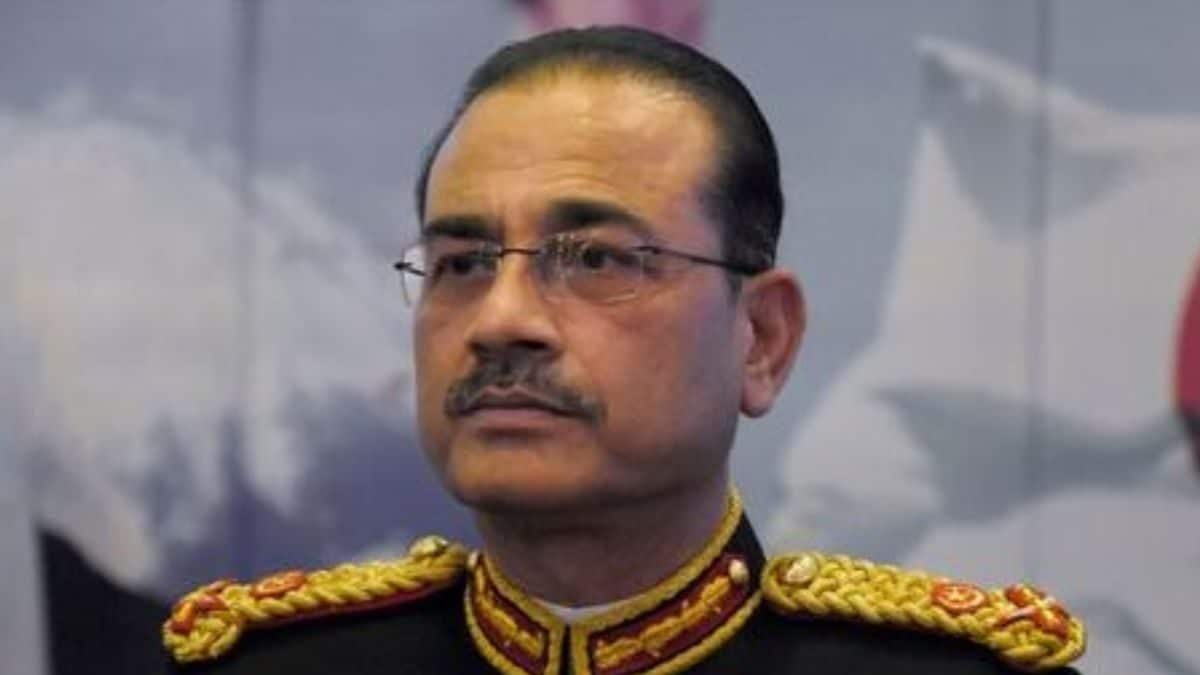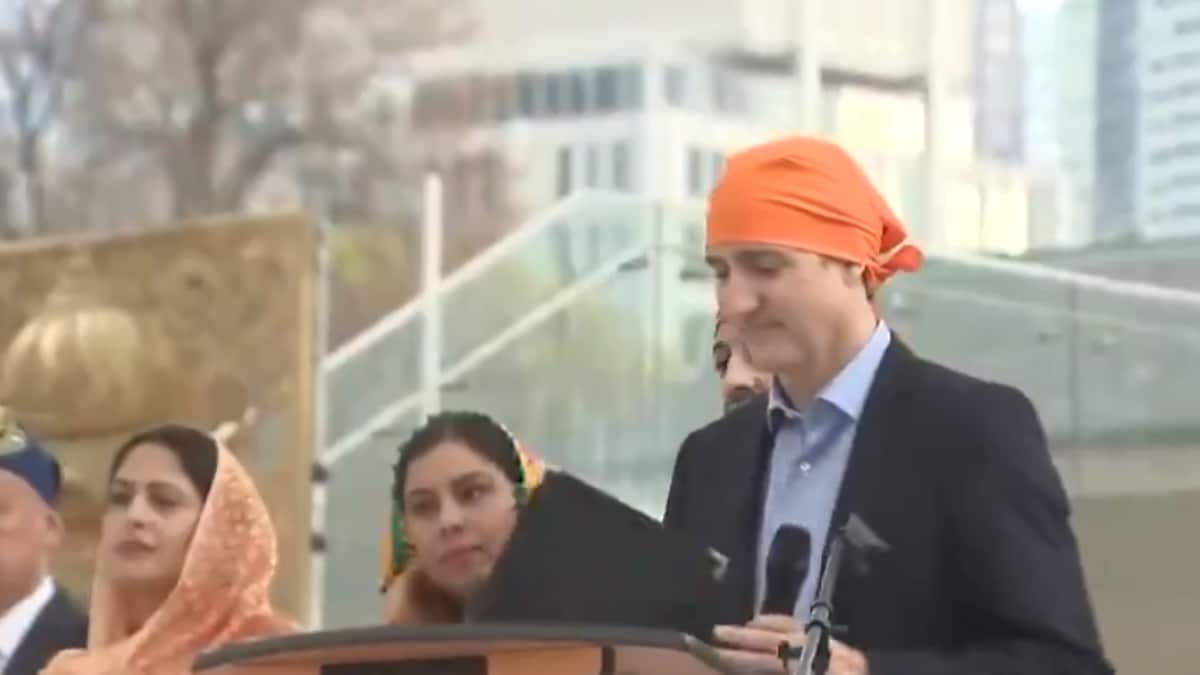Last Updated: March 13, 2024, 13:09 IST

SFJ leader Gurpatwant Singh Pannun in his last video message. (Image: News18)
Khalistani terrorist Punnun threatens New Zealand Deputy PM Winston Peters over skepticism on India's connection to Hardeep Singh Nijjar’s killing.
Khalistani terrorist Gurpatwant Singh Pannun has threatened New Zealand’s Deputy Prime Minister Winston Peters after he challenged claims connecting India to the separatist Hardeep Singh Nijjar’s killing in Canada.
Pannun, who has been in the news for his pro-Khalistan activities, last week put out a poster, suggesting violent attacks against India’s top diplomat in Canada. Punnun, who is the ‘Sikhs for Justice’ leader, expressed discontent over Peters’ perceived support for India in the Nijjar case. The Khalistani separatist, who has been stirring controversy for several months now, now threatened to attack Indian diplomats in New Zealand.
Read More: Where’s The ‘Evidence’? New Zealand Deputy PM Casts Doubt on India Link to Nijjar Killing
This comes in the aftermath of the Deputy Prime Minister’s comments regarding allegations of a “potential” Indian link to the killing of Nijjar in Surrey last year. During his India visit, Peters, in an interview, underlined the absence of conclusive evidence or findings corroborating the alleged involvement of Indian agents. Peters openly questioned the evidence presented by Canada.
“As a trained lawyer, I look okay, so where’s the case? Where’s the evidence? Where’s the finding right here, right now? Well, there isn’t one,” he said. This stance marks a departure from the narrative put forth by Canadian Prime Minister Justin Trudeau in September last year. Peters’ comments mark the first instance where a Five-Eyes partner, which comprises the US, Canada, UK, and Australia, New Zealand, has openly contested Ottawa’s assertions.
The killing of Nijjar in Surrey, British Columbia on June 18 triggered political turmoil between New Delhi and Ottawa. This accusation heightened tensions between India and Canada, which saw a slight improvement in January following remarks by the outgoing Canadian Security Adviser noting India’s cooperation in Nijjar probe.

 1 month ago
1 month ago



